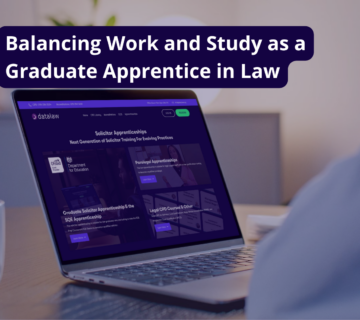Aspiring solicitors in the United Kingdom are often confronted with a pivotal question: “LPC or SQE?” The introduction of the Solicitors Qualifying Exam (SQE) has reshaped the path to becoming a solicitor, offering an alternative route alongside the traditional Legal Practice Course (LPC). This article aims to dissect both options, providing insights into SQE 1 and SQE 2, as well as the established LPC, to empower you to make an informed decision about your legal career path.
Understanding the Legal Practice Course (LPC):
The LPC has long been the conventional route to solicitor qualification. It is a postgraduate program designed to bridge the gap between academic study and practical legal practice. The course covers a wide range of subjects, including property law, litigation, business law, and professional conduct. Its primary goal is to furnish prospective solicitors with a practical and procedural knowledge base.
Navigating the Solicitor Qualifying Exam (SQE):
In contrast to the LPC, the Solicitor Qualifying Exam (SQE), introduced by the Solicitors Regulation Authority (SRA), represents a standardised series of assessments that all aspiring solicitors must pass. It was created to ensure consistent, high standards across the profession.
SQE 1 and SQE 2: A Two-Step Assessment:
The SQE is divided into two parts: SQE 1 and SQE 2. SQE 1 assesses legal knowledge through multiple-choice questions covering various subjects. SQE 2 evaluates practical legal skills, including client interviewing, advocacy, case and matter analysis, legal research, legal writing, and legal drafting.
LPC or SQE: Choosing Your Path:
The choice between the LPC and SQE hinges on several factors. If you prefer a structured course with in-person instruction and the opportunity to specialise in specific legal areas, the LPC may be a better fit. The LPC’s hands-on approach can be especially advantageous for those looking to develop skills tailored to the needs of a law firm or a specialised area of law.
Conversely, the SQE offers greater flexibility. It can be pursued by individuals who have not completed a law degree or LPC, provided they can demonstrate an equivalent standard of legal knowledge and skills. The SQE route also permits the acquisition of qualifying work experience in up to four different legal organisations, offering a broader perspective on the legal profession.


